24/7 Helpline:
(866) 899-221924/7 Helpline:
(866) 899-2219
Learn more about PTSD Rehab centers in Yuba County
PTSD Rehab in Other Counties

Other Insurance Options

CareSource

WellCare Health Plans

Optum

Access to Recovery (ATR) Voucher

BlueCross

UnitedHealth Group

Cigna

AllWell
Beacon

Kaiser Permanente

Magellan Health

Providence

Excellus

GEHA

BHS | Behavioral Health Systems

WellPoint

Humana

Sutter

Covered California

ComPsych

AEGIS – Marysville
AEGIS – Marysville is a private rehab located in Marysville, California. AEGIS – Marysville speciali...

Pathways
Pathways offers inpatient and outpatient treatment for individuals with alcohol and/or substance add...

Salvation Army – Family Crisis
Salvation Army – Family Crisis is a non-profit rehab located in Marysville, California. Salvation Ar...

Pawnee Mental Health Services – Marshall County
Pawnee Mental Health Services – Marshall County is a private rehab located in Marysville, Kansas. Pa...

LifeSkills Service Center – Edmonson County
LifeSkills Service Center – Edmonson County is a private rehab located in Brownsville, Kentucky. Lif...

Pathways
Pathways is a private rehab located in Brownsville, Tennessee. Pathways specializes in the treatment...

PCS – Brownsville Center
PCS - Brownsville Center provides a wide range of traditional outpatient mental health services to t...

SCAN – Serving Children and Adults in Need
Serving Children and Adults in Need (SCAN) provides outpatient services for adults and teens. They p...

TTBH – Tropical Texas Behavioral Health
Tropical Texas Behavioral Health (TTBH) is located in Brownsville, Texas. Tropical Texas Behavioral ...

Recovery Center of Cameron County
Recovery Center of Cameron County offers outpatient behavioral health treatment. They provide a plac...
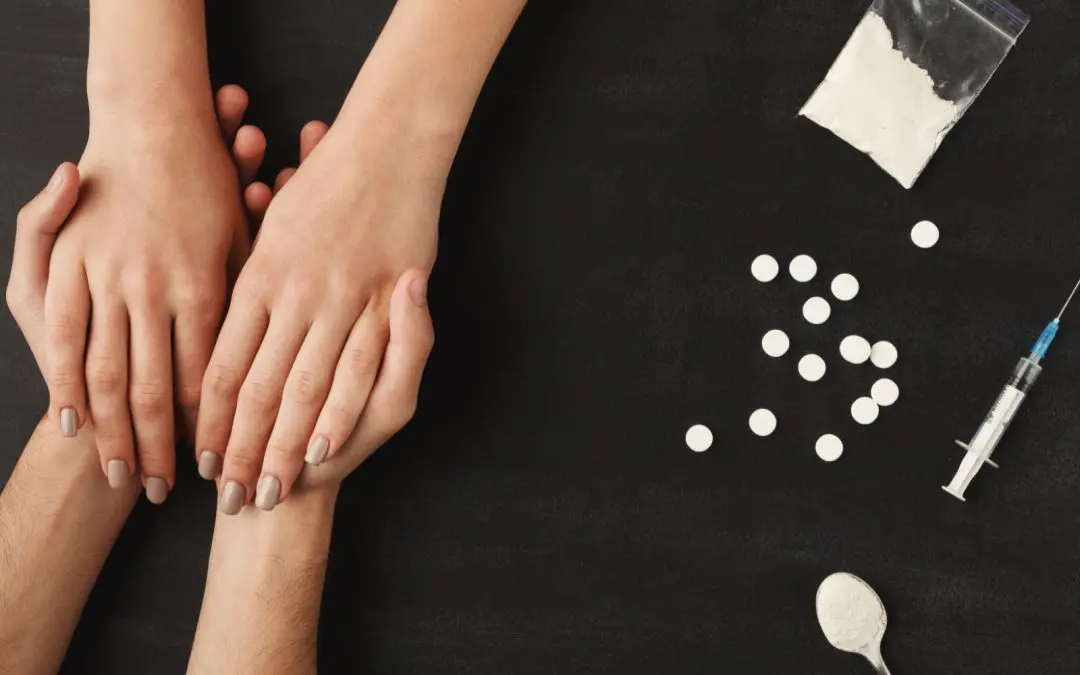
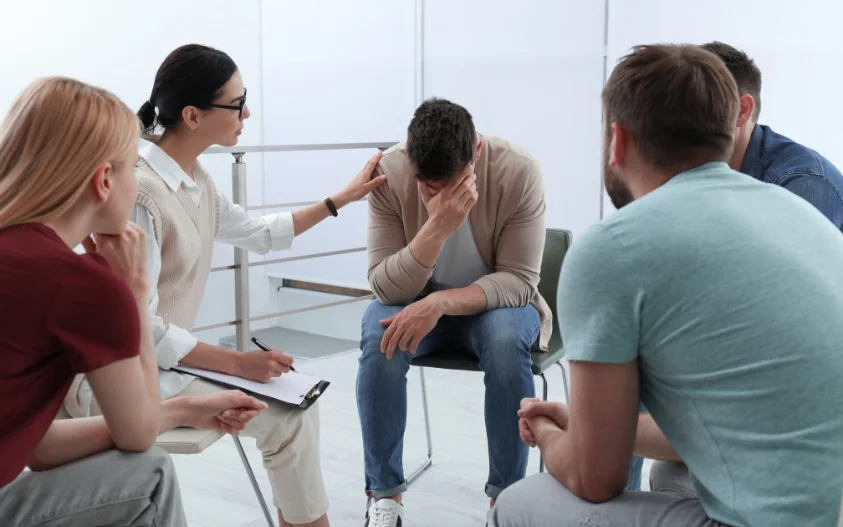



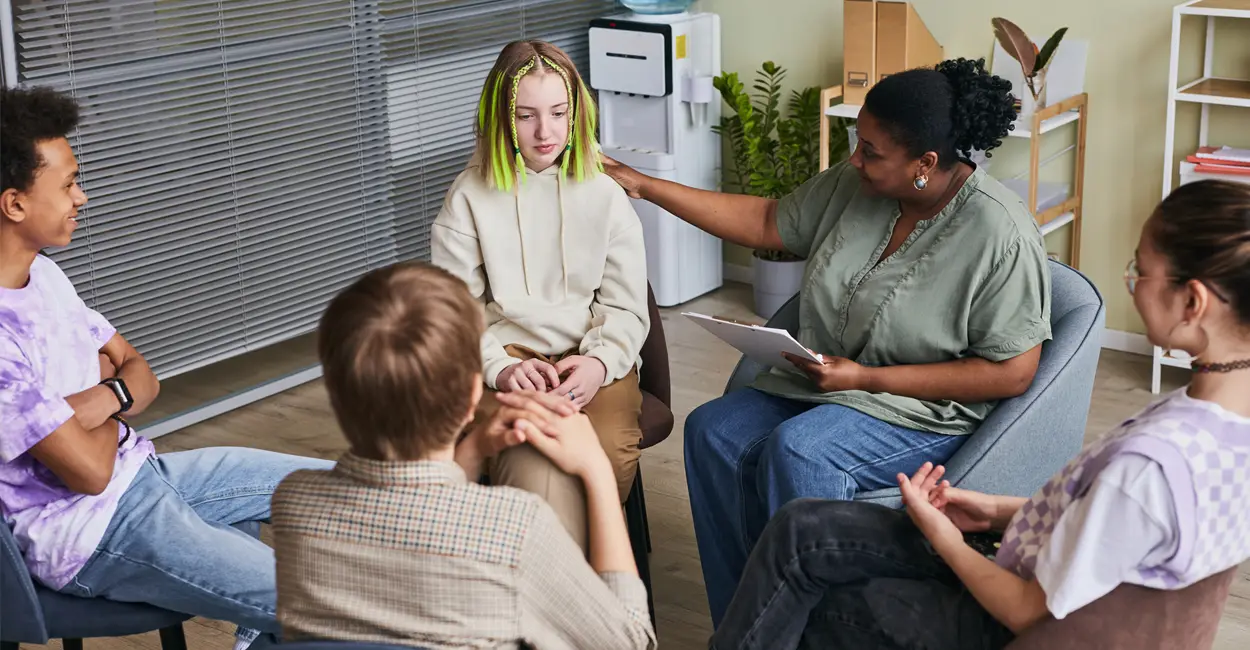





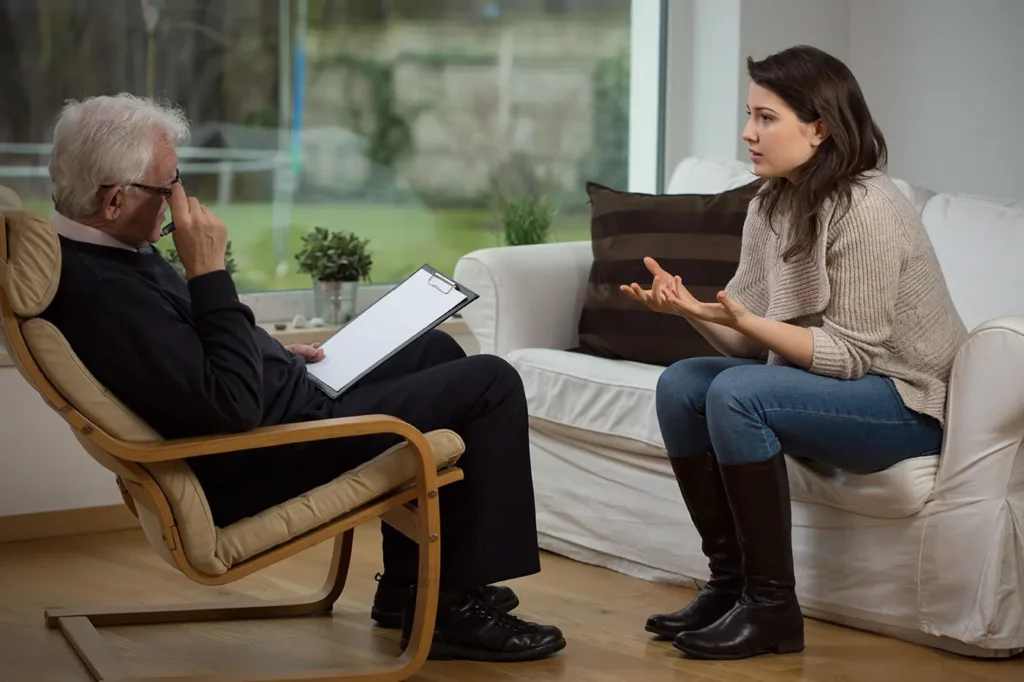




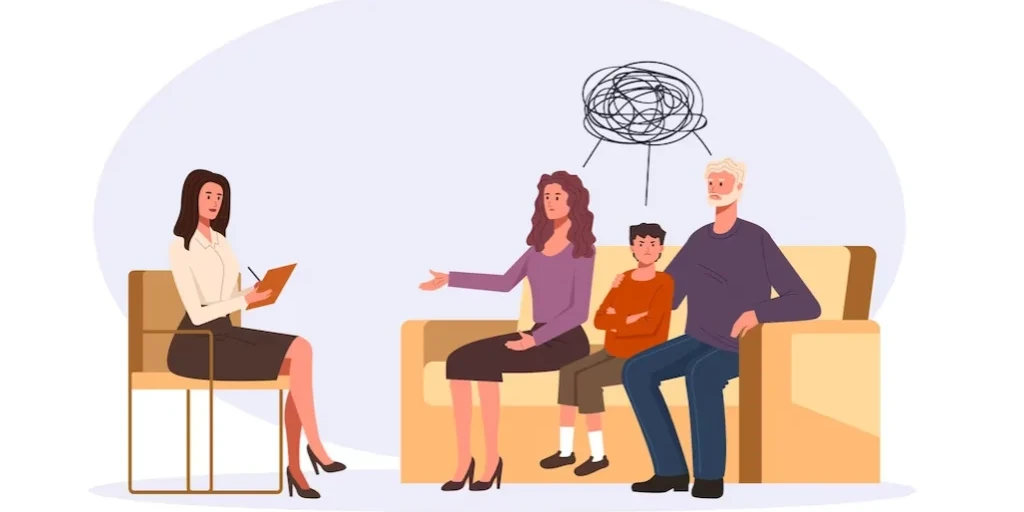


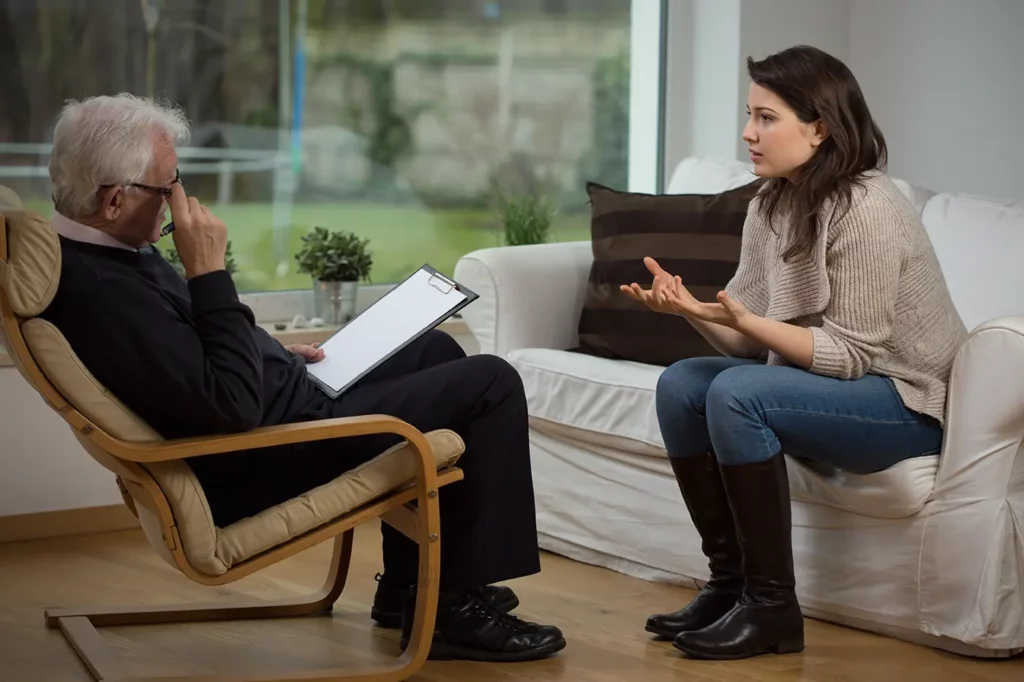




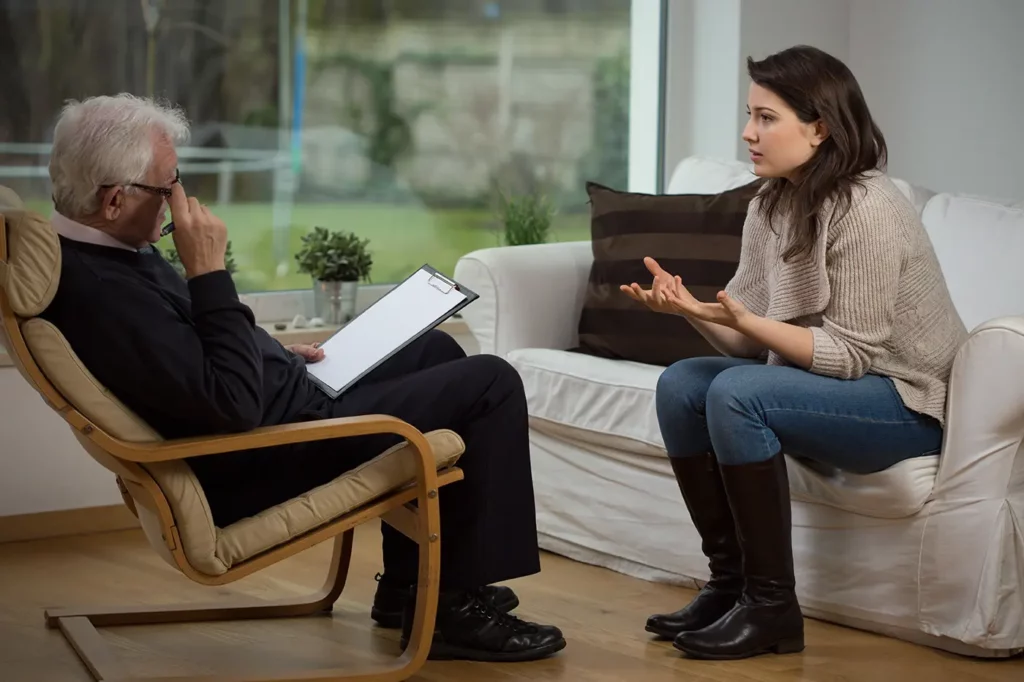



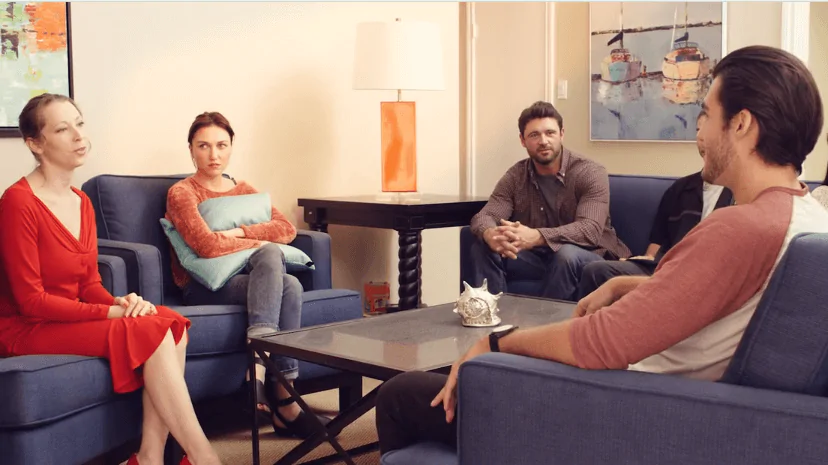




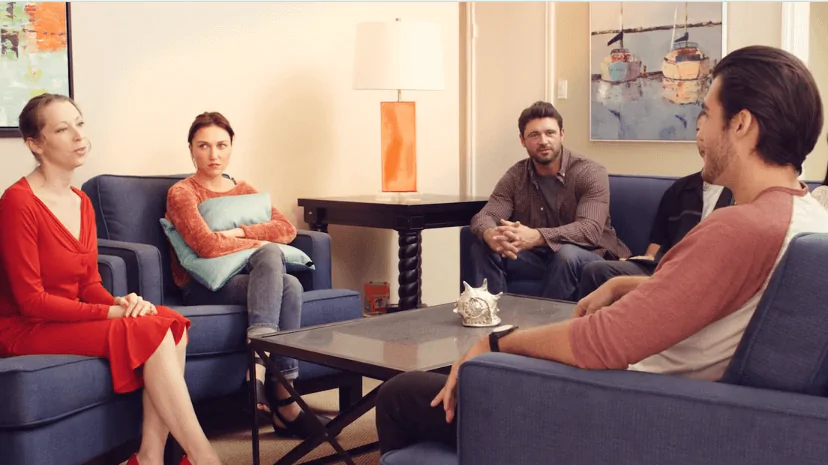



Al Anon
Al Anon is a non-profit rehab located in Marysville, California. Al Anon specializes in the treatmen...

Pathways Alcohol and Drug Treatment
Pathways Alcohol and Drug Treatment is a private rehab located in Marysville, California. Pathways A...

CompDrug – Tapestry
CompDrug - Tapestry, established in 1991, is a Therapeutic Community (TC) located inside the walls o...

Family Connection
Family Connection is a private rehab located in Brownsville, Texas. Family Connection specializes in...

Rio Grande Valley Council
Rio Grande Valley Council is a private rehab located in Brownsville, Texas. Rio Grande Valley Counci...

Recovery Center
Recovery Center is a private rehab located in Brownsville, Texas. Recovery Center specializes in the...

South Texas Counseling and Psychological Testing
South Texas Counseling and Psychological Testing is a private rehab located in Brownsville, Texas. S...

Tulalip Behavioral Health – Community Mental Health Agency
Tulalip Behavioral Health – Community Mental Health Agency is a private rehab located in Marysville,...

Clearview Counseling
Clearview Counseling is a private rehab located in Marysville, Washington. Clearview Counseling spec...

Peak Wellness
Peak Wellness is a private, non-profit counseling center offering high quality, affordable counselin...


















































































































































































